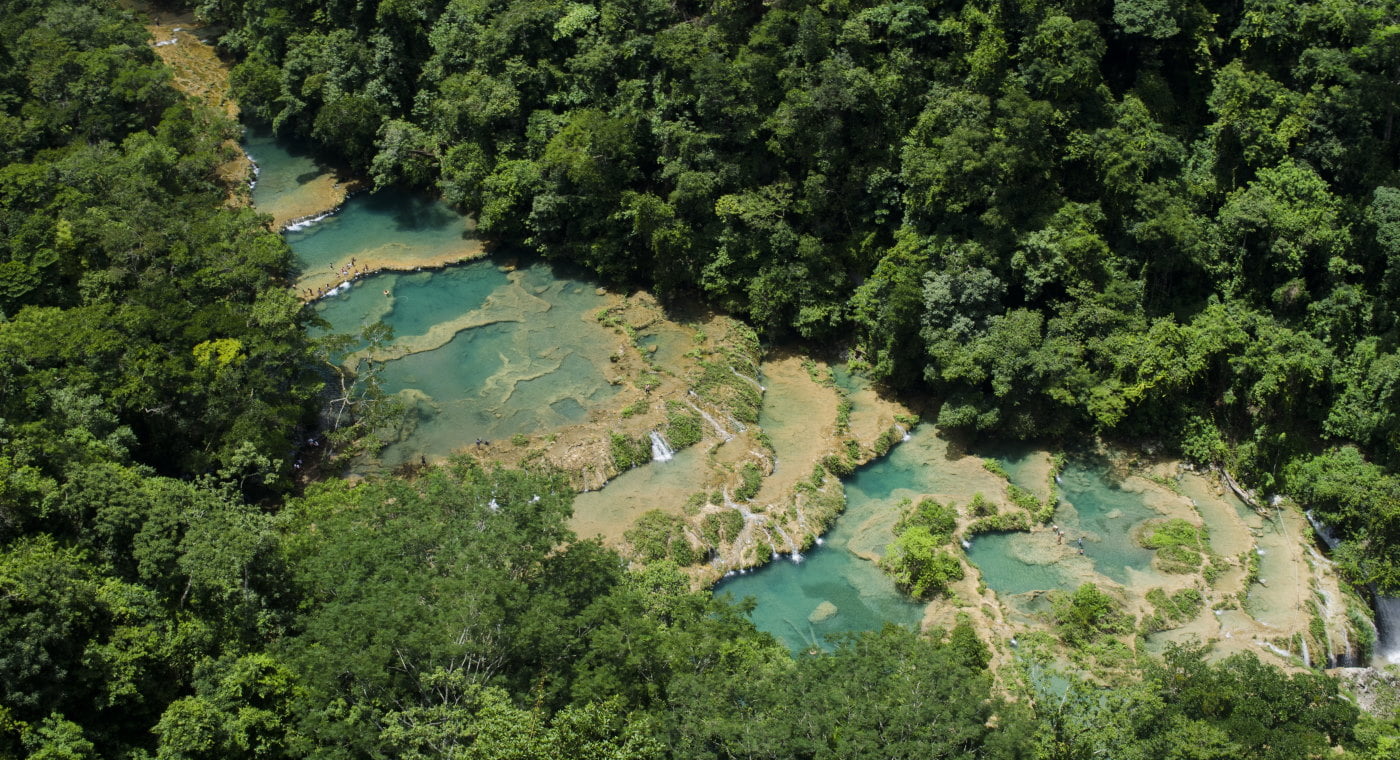It's easy to think that humans have already been everywhere and discovered (or destroyed everything) but the reality is that are still a lot of species of flora and fauna on the planet that we haven't actually found yet.
When it comes to trees, the estimated number of total species has just jumped by about 14% as a new study has given what it's researchers are calling the first 'scientifically credible' estimate.
The study estimates that there are around 73,300 species, with about 9,200 of those species yet to be discovered.
There is a 'but' here though, as most of the rare species are in tropical forests, which are rapidly disappearing because of climate change and deforestation, to the point where many of those species might be extinct before anyone gets the chance to discover them.
The study, published in the Proceedings of the National Academy of Sciences journal, is the result of the collaboration of more than 150 international researchers. It's based on a database of tens of millions of trees located in more than 100,000 forest plots around the world, with statistical techniques used to fill in the gaps in the already existing data.
The findings not only show the incredible diversity of tree species that are out there, but also suggest that more has to be done to protect them. Let's not forget that we rely on trees to provide foods, timber and medicine, as well as helping to fight climate change by sucking carbon dioxide from the air.
Speaking to BBC News, Dr Peter Reich, from the University of Minnesota in St Paul, who was a lead researcher on the study explained how the findings showed the vulnerability of global forest biodiversity:
"Our data will help us assess where biodiversity is the most threatened. This is in the tropics and subtropics of South America, Africa, Asia, and Oceania and those are places where we discovered hotspots of known and unknown rare species. Knowing about these hotspots, hopefully, can help prioritise future conservation efforts."
It's not only the number of trees on the planet that is important, natural diversity is a big deal too. Diverse forests are more healthy and productive, which is important both for nature and for the economy of those who rely on them.
While South America has the most undiscovered species, about 43% of the total, they are distributed across the rest of the globe as well, with about 22% of the unknown or 'missing' species in Eurasia.
All across the world they are in danger from the same major issues; human deforestation for timber and to farm land for crops for food and animal feed, the effects of climate change, and forest fires.
It's vital to protect this amazing diversity, as Dr Yadvinder Malhi, of the University of Oxford, explained to the BBC, saying that tropical forests are the "global treasure chests of biodiversity" and significant absorbers of carbon dioxide emissions, slowing global warming.
